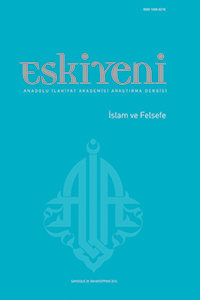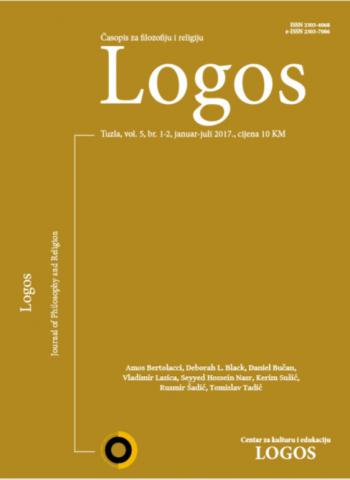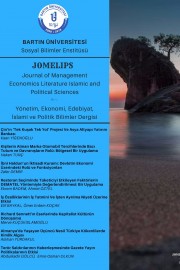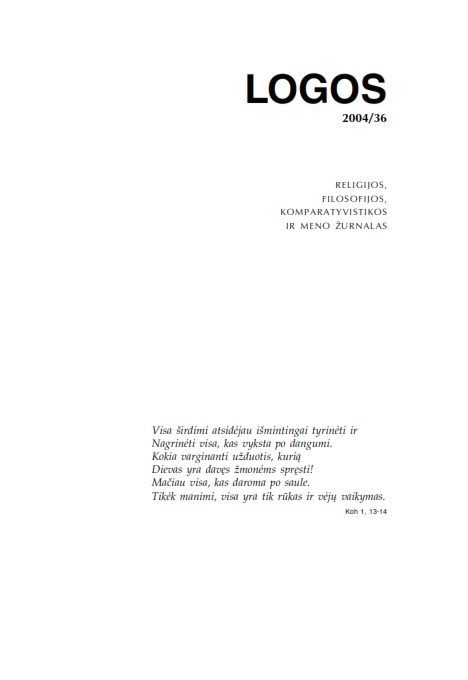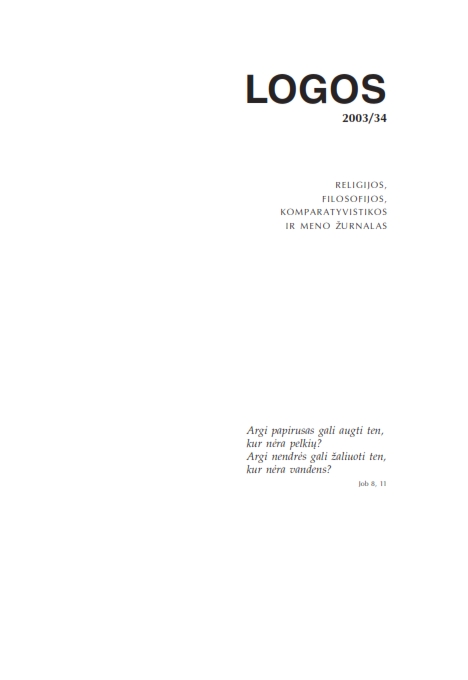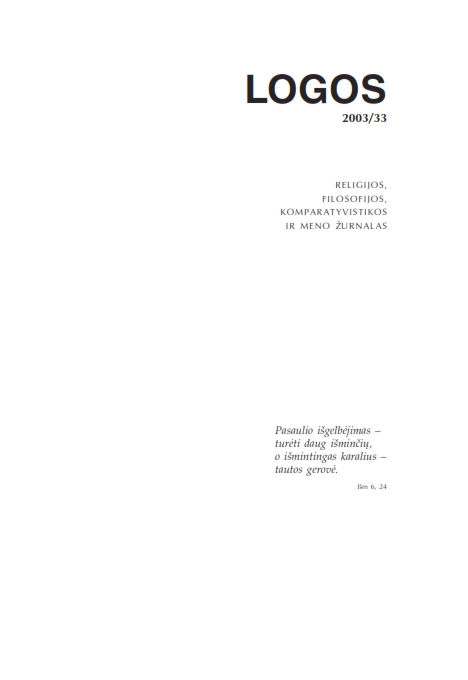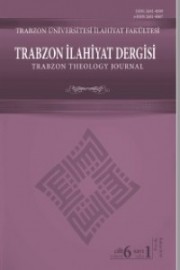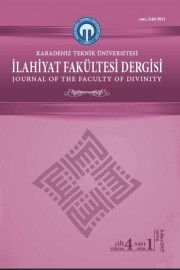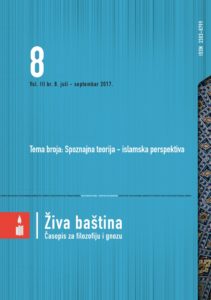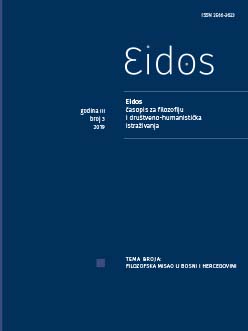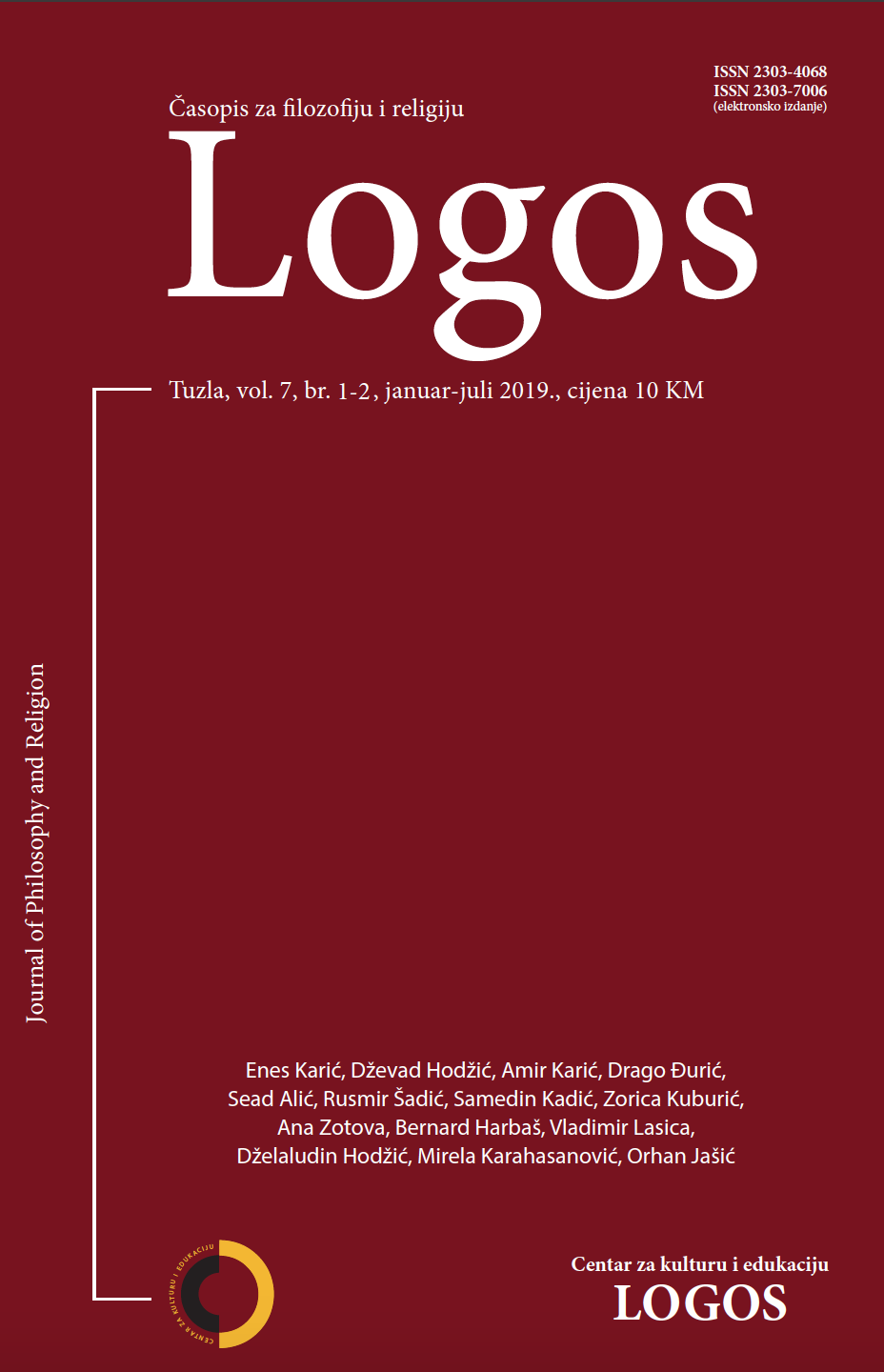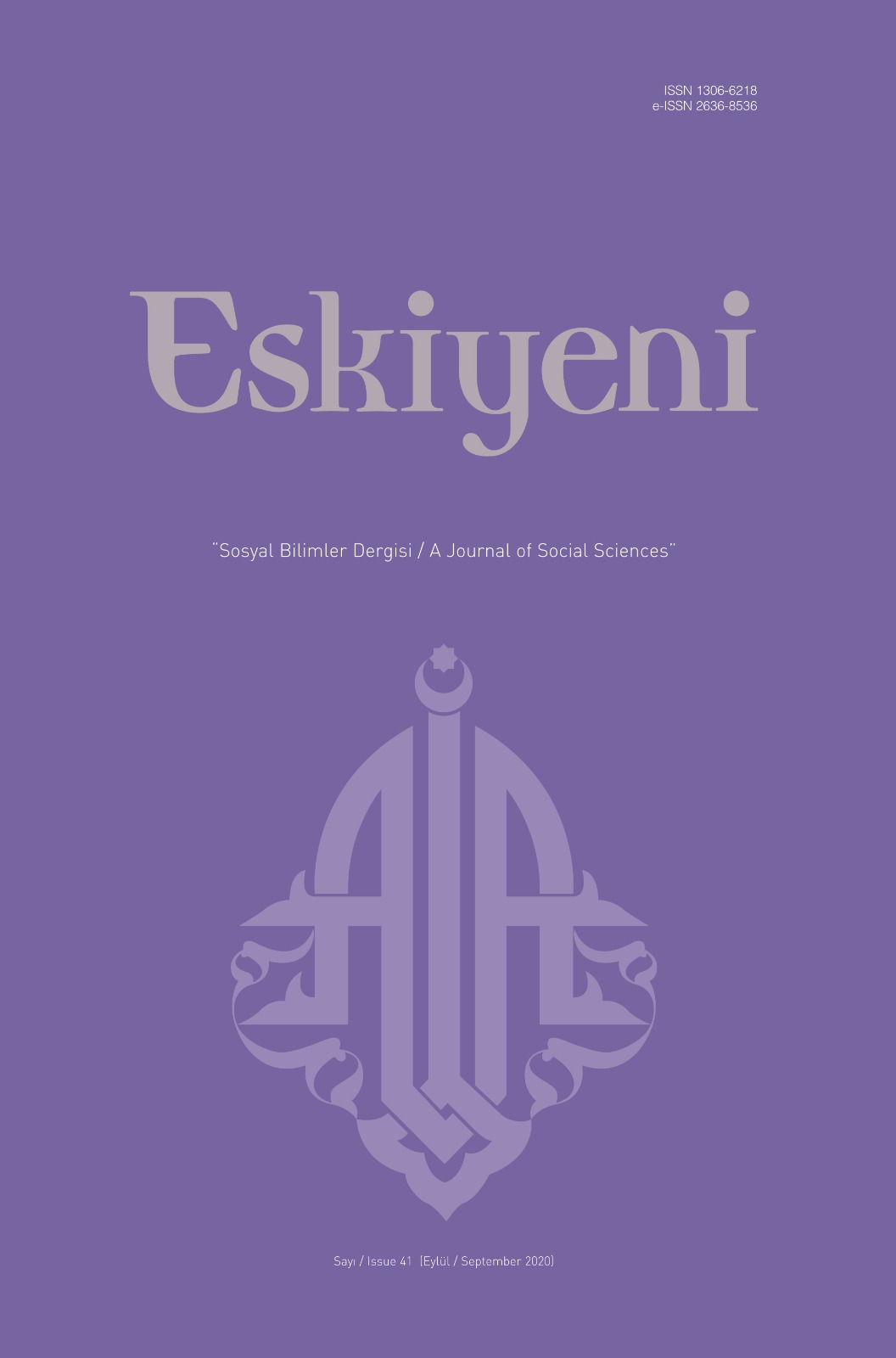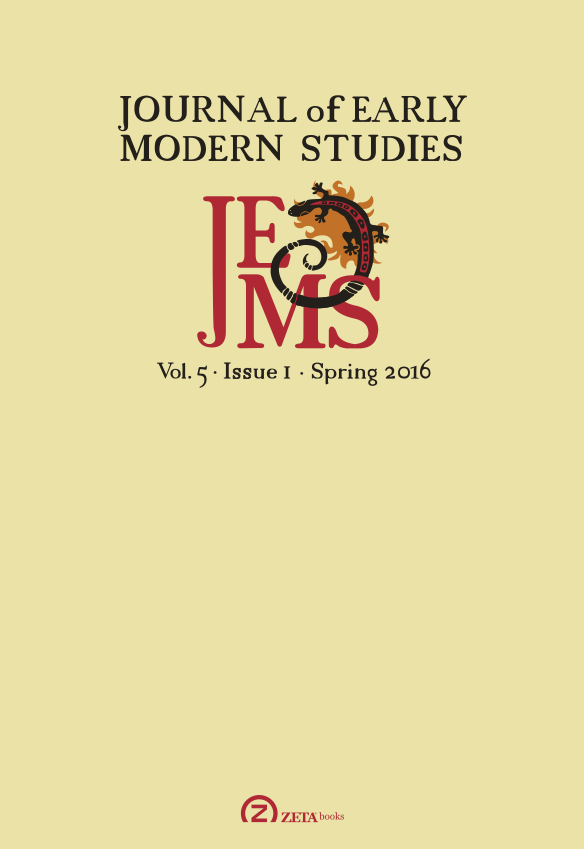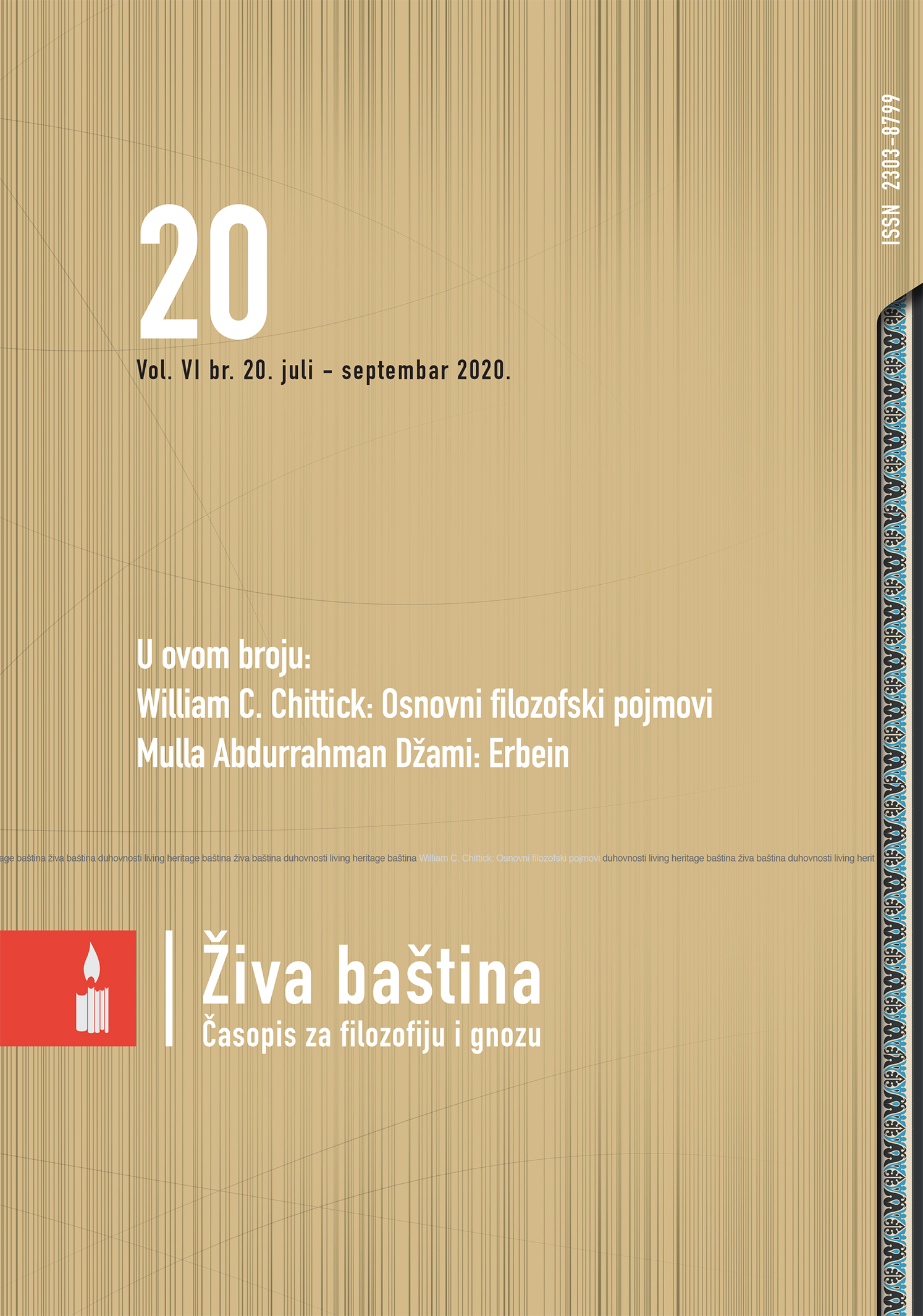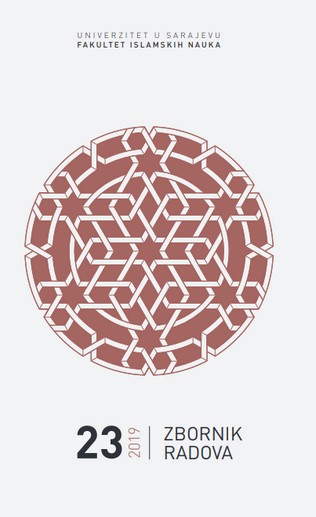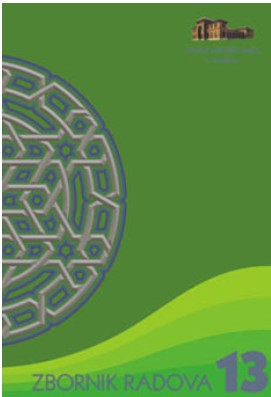Author(s): Hülya Altunya / Language(s): Turkish
Issue: 41/2020
Ismail al-Galanbawī (1730-1791) is known for his works in the fields of logic, al-munazara (Islamic disputation theory), mathematics, astronomy, tasawwuf (mysti-cism) and theology. al-Galanbawī, who followed the tradition of al-Fārābī -Avicenna which is a continuation of logic of Aristotle (322 B.C.), compiled a work on logic in the last period of the Ottomans. His work titled Burhān is considered to be the last com-piled work written in logic in the Ottoman scientific world. In addition, he wrote a commentary text on Isāghūjī by Athīr al-Dīn al-Abharī (d. 1265), although he has other logical studies. There are many commentaries and hawashī (margin notes) on Isāghūjī text, which has a remarkable position in the history of Islamic logic. The advantage of Isāghūjī as a text of logic, regarding the texts in other branches of science, is its delineating a formal issue with a clear style. However, it is an ever changing historical need to revise its style simply because its potential readers are not the same in a different historical context. Islamic logicians wrote these commentaries in accordance with the level of understanding of the students in their own period. Here, al-Galanbawī aims to explain the incomprehensible issues in this treatise for the students of his period with the commentary on Isāghūjī. Even if we can witness similar contents in the texts after written 13th century, al-Galanbawī’s commentary attracts attention in terms of its delineating different viewpoints with some analysis. In the introductory section of his text, al-Galanbawī establishes the close relation between logic and linguistic and religious disciplines. From this perspective, it puts a logical emphasis on the idea that a student of religious sciences cannot get a deep insight into religious sciences, like tafsīr (science of Qur’ānic commentary), kalām (theology), without learning logic. He discusses dialectically some theological problems with taking kalām tradition into consideration. His chief aim is to demonstrate that logic is a basic method for all Islamic sciences. Then al-Galanbawī posits some meaning and definition of logic. In this level, he employs the term cihat al-wahda (jihat al-wahda) which was used by Mollā Fanārī before him. It is understood that this term indicates his the unity in the theory of existence to the theory of knowledge and his mystical tendency in this issue.The logician, who called science of logic as ‘ilm al-mīzān (science of measurement), tries to highlight the applicable dimension of logic in its commentary. Since logic is the tool of religious sciences and therefore logic has a big duty to ensure the robustness and accuracy of all kinds of evidence. For this, while commentary on Isāghūjī has been explaining the rules of the science of logic together with logical explanations, at the same time, it investigates the meaning of the most of words from linguistic and grammatical perspectives. In this article, the introduction section of Galanbawī’s commentary on Isāghūjī, and the subjects of signification (dalālā) and definition in its conceptualizations (tasawwurāt) section are examined in terms of logical and linguistic. al-Galanbawī discusses in detail the matter of literal and non-literal aspects of signification, which was discussed by classical Muslim logicians. Each of this distinction has subdivisions such as natural (tabi‘ī), rational (‘aklī), and conventional (waz‘ī). Logicians focus mostly on literal conventional signification (lafzī waz‘ī). As from Avicenna, this literal conventional signification is considered mutabaqat (correspondence), tazammun (consequence), iltizām (concomitance). al-Galanbawī discusses these three elements in detail by displaying different perspectives in conflict and a possible solution for them. He passes his views on many disputed definitions and gives some responses to them. Thus he attempts to re-establish the discipline of logic in terms of Islamic disciplines with the aim of demonstrating that logic is a basic method. In addition, logicians who have influence on Ottoman logic, such as Mollā Fanārī and Dāwūd al-Qārisī, will be evaluated together with their the commentaries on Isāghūjī. Moreover, it will be tried to determine his place, importance and contributions by this work in Islamic logic tradition.
More...
